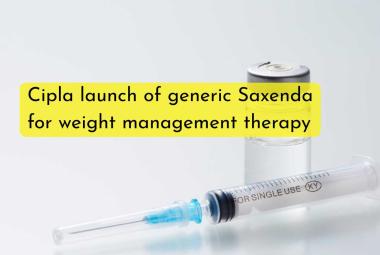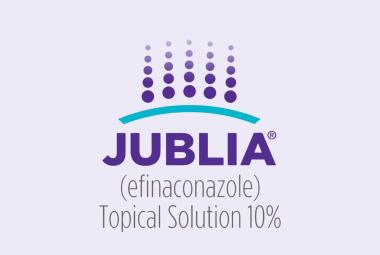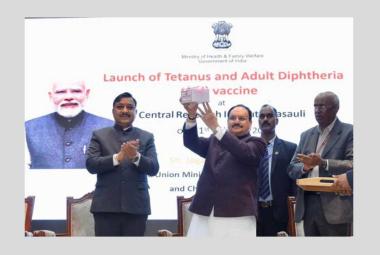The pharmacist have tremendous role to the improvement of public health. With this conviction, IPA decide to develop Public-Private-Partnership (PPA) agreement initiated by Indian Pharmaceutical Association (IPA) and Central TB Division (CTBD) in 2006 to explore the potential of pharmacists for TB control programme. The association has now mooted another proposal with the CTBD to tap the potential of the retail pharmacists working in community pharmacies and hospital pharmacies.
[adsense:336x280:8701650588]
IPA developed a PPA agreement with the National Tuberculosis Control authorities in the Revised National TB Control Program (RNTCP) to include qualified pharmacists in support of the programme. The consistent efforts resulted in establishing the pharmacists’ role in referral of symptomatic, giving community awareness, serving as patient counsellors and as DOTS providers. Considering the success of the initiative, in 2012, the Central TB Division signed an MoU with IPA to expand the PPP across the country. The agreement still continues towards the objectives of the CTBD.
For successful implementation of the project, the association had developed short training program for pharmacists based on a training module which was reviewed and adopted by the TB Division.
NPCDCS was launched in 2010 to prevent and control the non-communicable diseases (NCD) and the focus of the program is on health promotion, early diagnosis, management and referral of cases besides strengthening the infrastructure and capacity building. Cardiovascular diseases (CVD), cancer, chronic respiratory diseases, diabetes, etc are the major NCDs.
The practising pharmacist role as envisaged by IPA regarding the strategies like giving awareness to the public, screening services for early detection of undiagnosed diabetes cases & monitoring the glycemic control of known diabetics, referral of symptomatic or of uncontrolled diabetics to physicians, providing tools for diabetic patients for medication adherence and monitoring of the treatment, counselling patients in lifestyle modifications, medication side effects, follow up check ups, counselling of pre-diabetics or other high risk patients for prevention of diabetes and monitoring and counselling of TB patients for diabetes checks.













